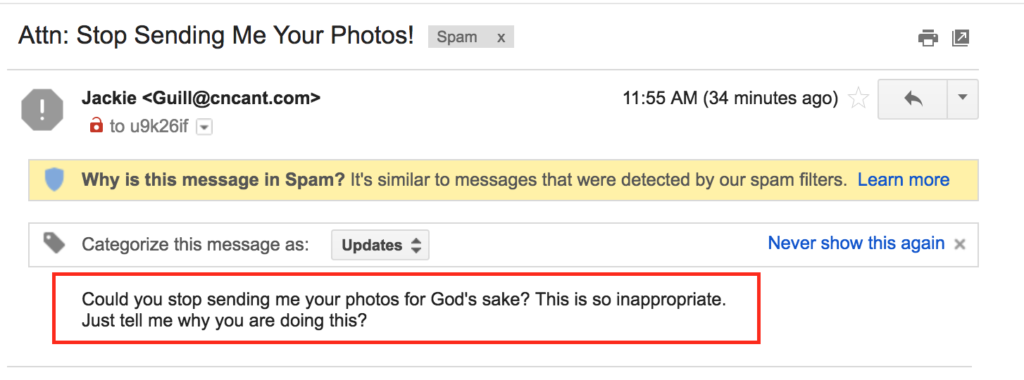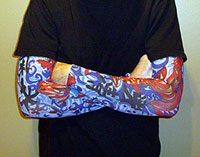A little preface here: Most of the food I ever put in my mouth was paid for –directly or indirectly– by radio commercials. My father was a radio guy and for many years I wrote and produced radio “spots.” Lots and lots of them. Some were good, some were just the right length, if you know what I mean.
So when Seth Godin –one of the keynote speakers at the recent Country Radio Seminar in Nashville– refers to radio commercials as “spam,” it’s a problem for me. I’m a regular reader of Mr. Godin’s blog and have purchased and read a number of his books. I think he understands marketing in the 21st century as well as anyone.
So what’s spam and what’s not?
When you get your hands on my email address and send me an unsolicited email trying to sell me something (or get me to give you money, or visit your porn site, etc) …without my permission, we call that spam. You invaded my inbox without my permission.
When I turn on my local radio station, I know there will be commercials. They pay for the music/news/weather programs for which I tuned in. I’m giving tacit permission for the the station to try to sell me something on behalf of their advertisers. Value for value. That doesn’t sound like spam to me.
And if every commercial I heard was talking about something I cared about, something of interest… I’d probably pay more attention and the commercials would be worth more to the advertiser.
This is how cable TV programs work. If I’m watching HGTV (House & Garden), there’s a pretty good chance the commercials will at least marginally relevant.
I’m sure a lot of radios stations attempt to do this when and where they can. But it’s tough. They’re trying to reach the largest audience they can and will sell a spot to damn near anyone (preachers and politicians pay in advance).
Given the choice, most of us will choose NOT to listen to a poorly produced or irrelevant message. Commercial or otherwise.
So are are radio spots spam or not?
Only the listener can answer that. And he or she does, every time they punch the button to another station. And keeps punching it until they find a song or talk show they like (at least more than the commercial). Or pull out the iPod.


 I confess I was surprised by the number of readers that –even for a moment– entertained the idea that I got real tattoos for my little video project. (You are the people that open the spam email)
I confess I was surprised by the number of readers that –even for a moment– entertained the idea that I got real tattoos for my little video project. (You are the people that open the spam email)